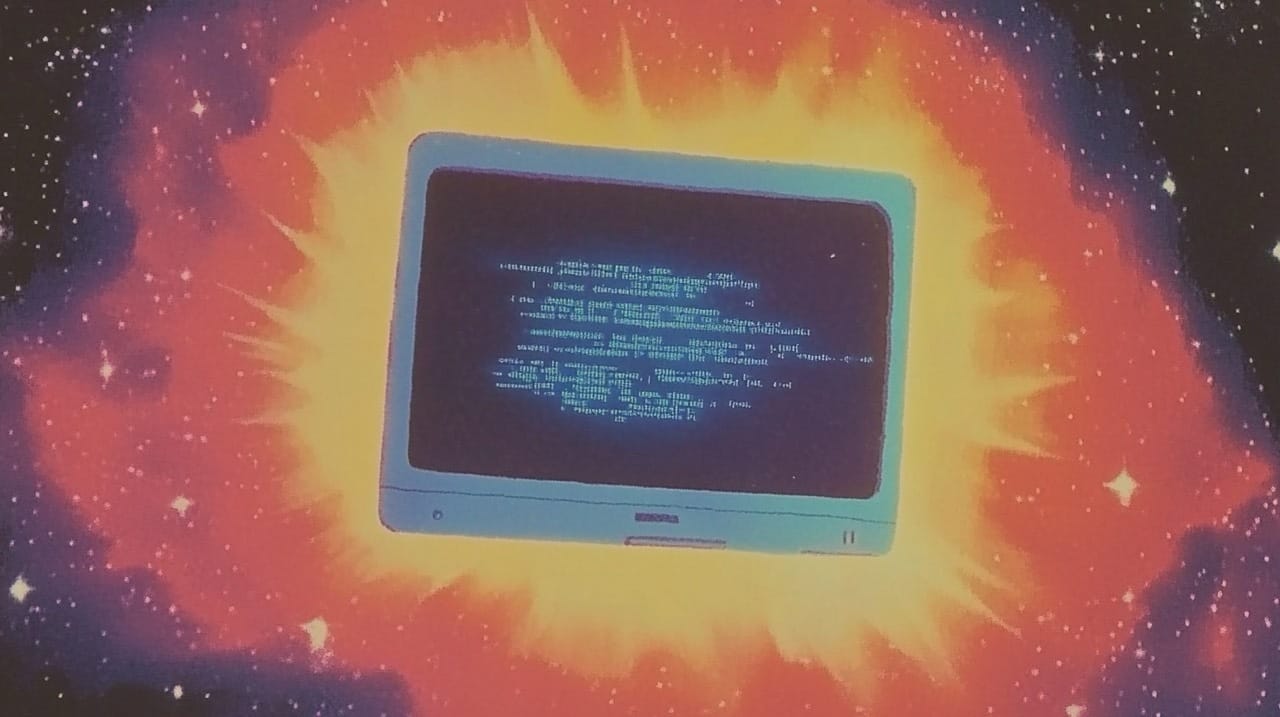- CreateMode AI
- Posts
- Vibe Coding - No hands AI code generators
Vibe Coding - No hands AI code generators
Anyone can be a senior software developer: autopilot for coding
AI Writes Your Code, and You Just Vibe
I imagine my first experience with this was like someone seeing electric light for the first time—amazed by its brilliance, yet suddenly aware of how much everything was about to change.
I opened an app called Replit, once just a framework for building web apps in the traditional way, now upgraded with AI agents that act as a team of software developers. The best way to think of AI agents is like giving a bot a goal and letting it figure out the path—running and debugging code until it reaches the destination with minimal human input.
I was working on a design project and had received a quote from a developer to build a tool I needed—15 hours of work. The next day, I decided to try the latest update to Replit on that same project. I set the project goal, and the AI outlined a plan to achieve it. I let it run.
The next 20 minutes were a visceral experience—mostly me sitting back in awe, occasionally confirming, ‘Yes, that sounds like a great way to proceed.’ And in 20 minutes, it was complete.
I didn’t write a single line of code. I was just there for the vibes.

midjourney --sref 3152472405
Why Vibe Coding?
The concept was highlighted by Andrej Karpathy (former Director of AI at Tesla and co-founder of OpenAI). He coined the term to describe the evolving approach to coding, where developers interact with AI assistants—such as Cursor.com, Replit.com, Bolt.new, and Loveable.dev—rather than manually writing every line of code.
Karpathy’s post:
There's a new kind of coding I call "vibe coding", where you fully give in to the vibes, embrace exponentials, and forget that the code even exists. It's possible because the LLMs (e.g. Cursor Composer w Sonnet) are getting too good. Also I just talk to Composer with SuperWhisper… x.com/i/web/status/1…
— Andrej Karpathy (@karpathy)
11:17 PM • Feb 2, 2025
It’s Not About Precision—It’s About Flow
My example was a relatively simple project, but Vibe Coding goes far beyond that.
My experience with low/no-code programming tools has shown that things can get messy. You might get 70% of the way through a project, only to find yourself caught in a loop of errors or hallucinations. The best way to experience Vibe Coding is to dive into one of the tools listed above and follow these best practices:
• Use agent mode – Some platforms have built-in AI agents, while others don’t (yet). Choose accordingly.
• Start with a template – GitHub templates provide a strong foundation to build from.
• Plan with AI before jumping in – Chat with your AI tools first to organize a basic structure.
• Keep prompts short – Use fresh AI conversations and break tasks into small, clear goals.
• Iterate and refine – The first version is often just 70% of the way there; let AI help fine-tune it.
• Use voice-to-text – Tools like Whispr Flow let you dictate changes instead of typing.
• Copy errors directly to AI – Paste error messages into AI chat for automatic troubleshooting.
• Save work frequently – AI-generated code can be unpredictable. Replit takes screenshots and allows rollbacks to previous milestones.
• Save effective prompts – Document prompts that work well, or find high-quality ones from AI coding communities like Software Composer. (I’m not affiliated, just like their work)
• Enjoy the vibes – AI does the work; you direct the flow.
A great resource to get you from zero to senior software developer (really) 👇
Everyone is talking about Vibe Coding
(Using AI to Create Apps Only using AI)This is the most Comprehensive Guide for Vibe Coding with Cursor (By Far)
250 Minutes, All the vibe code basics of cursor, plus 4 Projects in one video!
This is how I, as someone who has never… x.com/i/web/status/1…
— Riley Brown (@rileybrown_ai)
4:00 PM • Feb 11, 2025
vibe coding
thoughts into things
superagi (real)— richrd (@richrdxyz)
7:28 AM • Feb 7, 2025